Advertisement
Common Symptoms of Central Precocious Puberty and When to Seek Help
Updated: Nov 6, 2024
Advertisement
Precociousness is generally seen as a positive trait in everyday language, but in medical terms, it signals an abnormality when linked to puberty. Doctors refer to this condition as Central Precocious Puberty (CPP), where a child's physical development begins significantly earlier than the typical teenage years. For children with CPP, the transition to physical maturity, which normally happens during adolescence, starts much sooner, leading to considerable physical and emotional challenges. The pressures of puberty, difficult at any age, are intensified when they occur prematurely. Distinguishing CPP from normal development is essential for addressing these unique health implications effectively.
When Do CPP Symptoms Appear?
The most noticeable sign of CPP is the onset of puberty much earlier than expected. While children mature at different rates, physical changes shouldn’t start before age eight in girls or age nine in boys. Although rare, CPP is more common in girls than in boys, with the condition affecting about 1 in 10,000 children.
Advertisement
CPP Symptoms in Boys and Girls
CPP symptoms vary by gender, though some overlap exists. In girls, the most distinctive signs include the early start of the menstrual cycle, while boys may experience facial hair growth, such as a faint mustache. Both boys and girls may develop acne and experience rapid growth spurts, often making them appear much older than their peers.
Advertisement
Connections with Other Health Conditions
At times, CPP symptoms may indicate an underlying health issue rather than CPP itself. For instance, tumors or other serious conditions can lead to signs similar to advanced puberty. In most cases, however, there is no link between CPP and other illnesses, and its cause remains unclear. Some studies suggest that girls and adopted children may have a slightly higher risk, though this connection is still under research.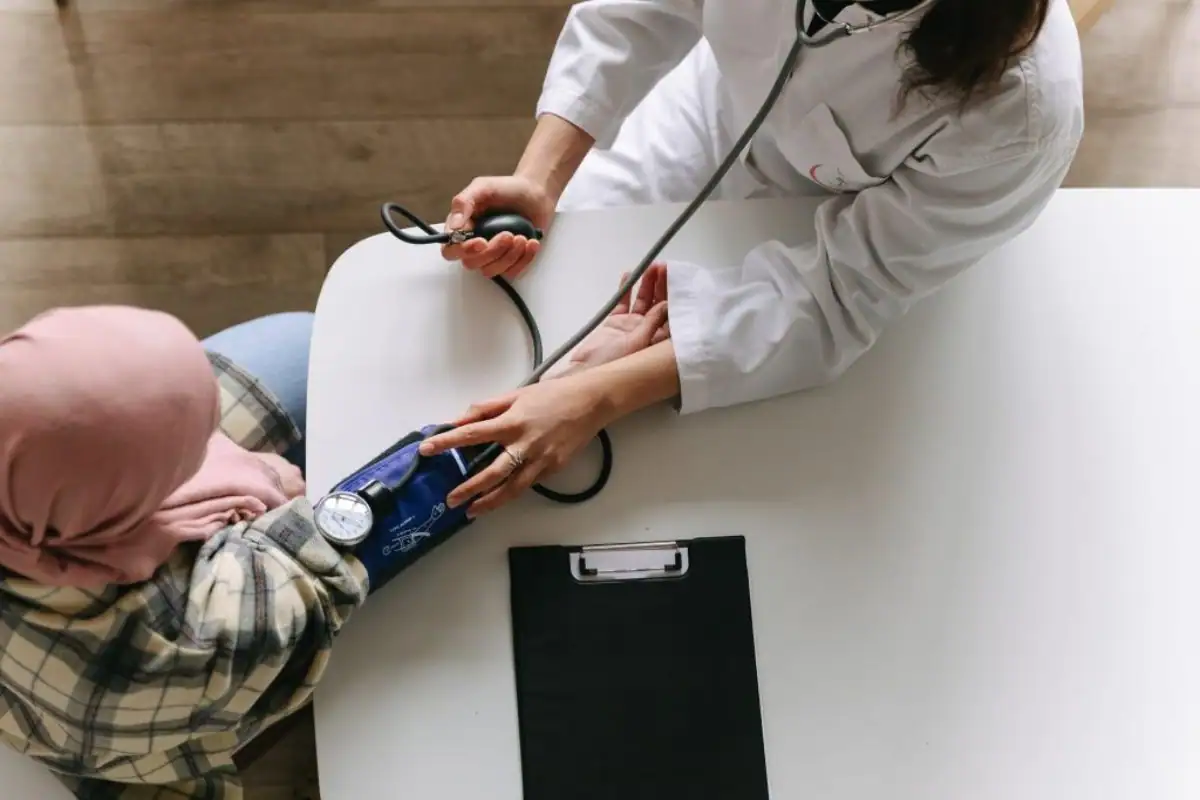
Advertisement
The Importance of Early Diagnosis
If parents suspect CPP, they should consult a pediatrician without delay. Early intervention is key, as it can halt the puberty process before it progresses too far. Treatment works best when started before the body releases sex and growth hormones, making early diagnosis crucial to successful management.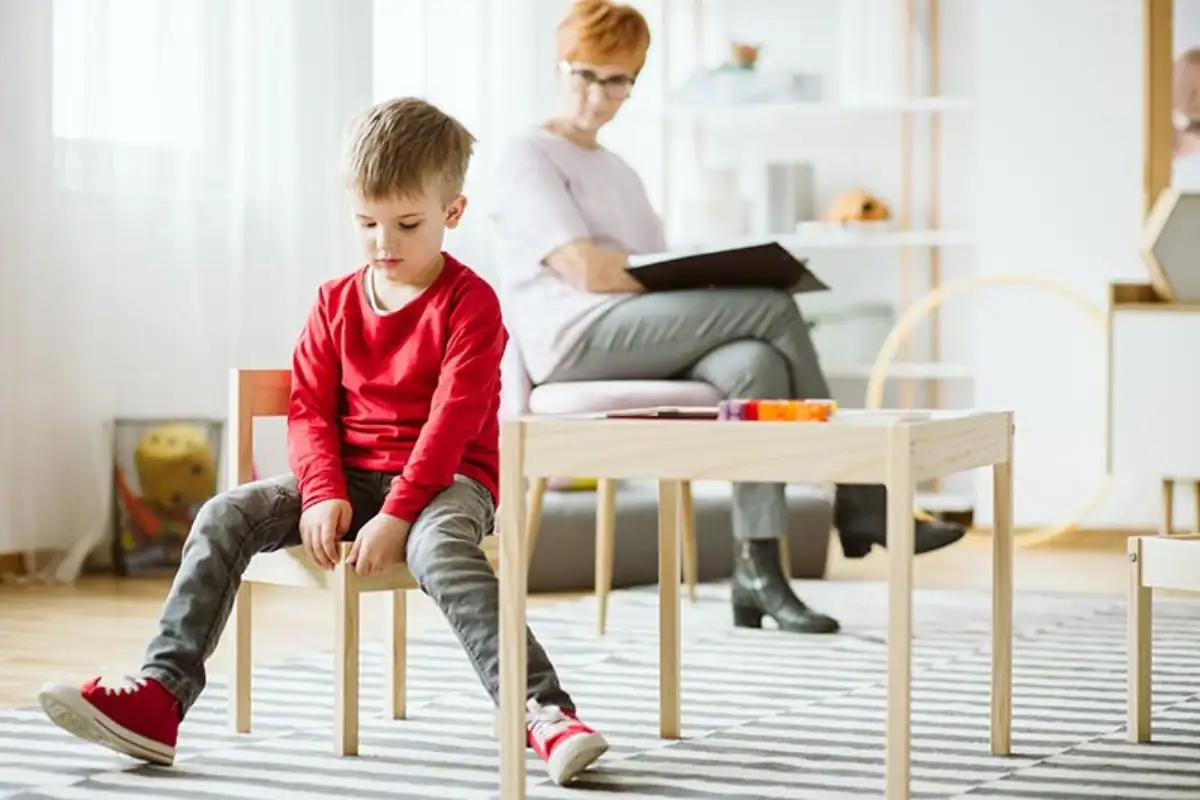
Advertisement
How CPP Impacts Growth and Height
Children with CPP may initially grow taller than their classmates, which might even feel like an advantage. However, this rapid growth can lead to early closure of growth plates, stunting height in adulthood. So, while a ten-year-old may feel confident at five feet tall, being that same height at twenty may bring frustration.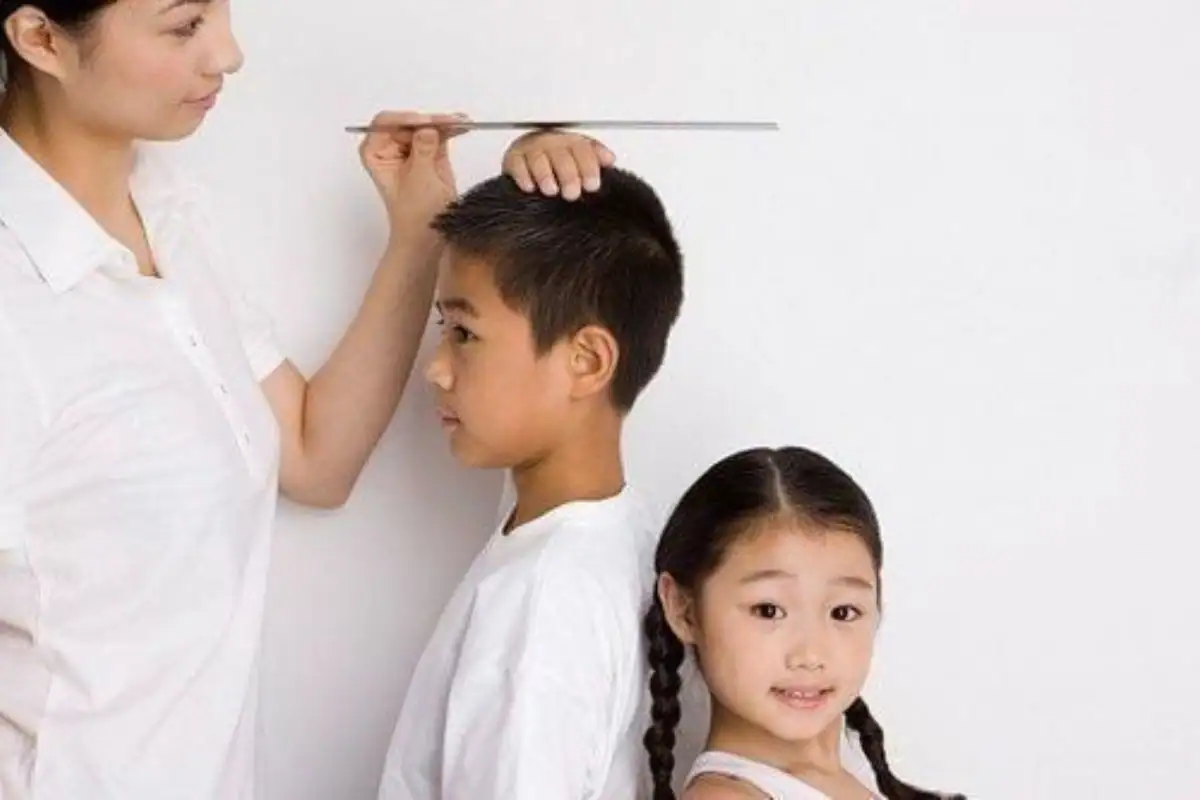
Advertisement
Providing Emotional Support to the Child
Parents play an essential role in helping children navigate the emotional aspects of CPP. Kids need reassurance and support to cope with their changing bodies. Discussing these changes can be tricky, but mental health professionals and social workers can offer guidance and materials to help parents give comforting, age-appropriate explanations.
Advertisement
Patience May Be the Best Approach
Not every case of early puberty requires medical treatment. In some instances, children may show one early puberty sign, while other signs emerge at the usual age. Doctors refer to this as “partial precocious puberty,” and it may not require treatment. However, it’s still advisable to consult a healthcare provider to rule out full CPP or other health issues.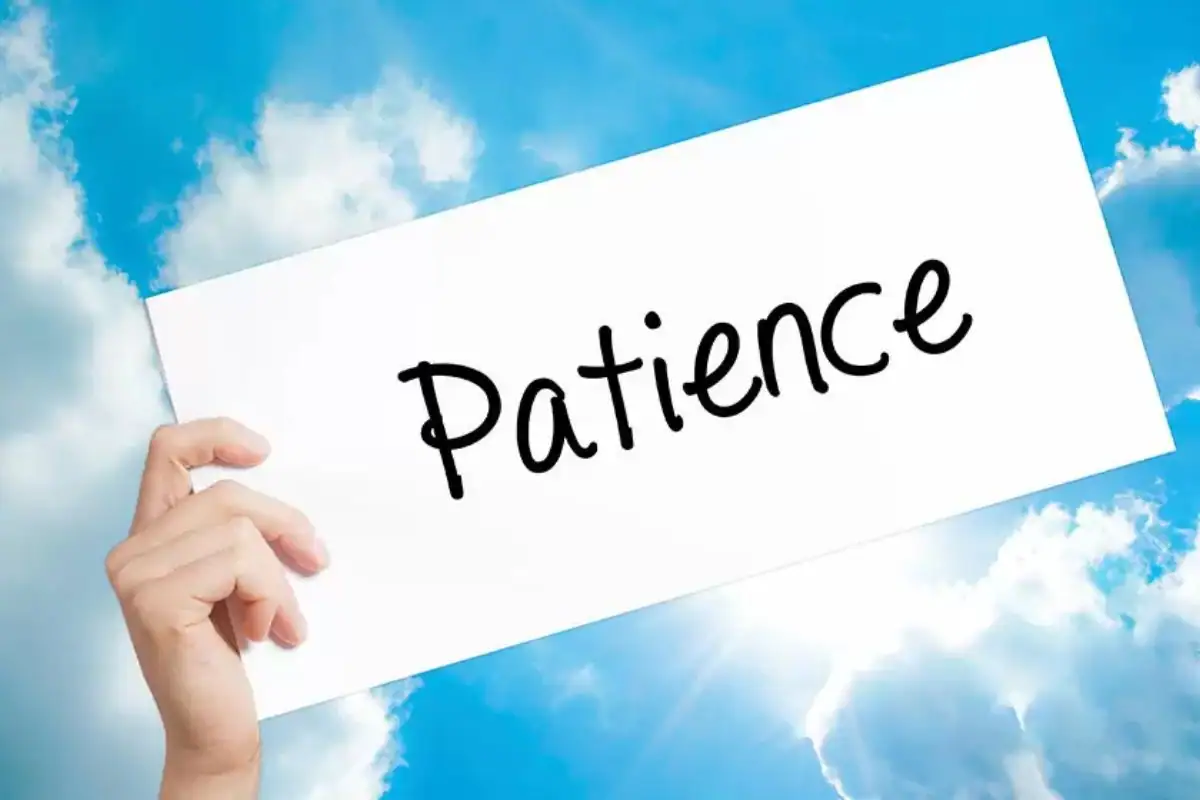
Advertisement
Emotional Impact and Social Challenges
Children with CPP often face social and emotional difficulties. They may struggle to relate to their peers and feel isolated due to their more mature appearance. Kids can be unintentionally harsh, making CPP children easy targets for teasing or bullying. Awareness among parents, teachers, and caregivers is crucial to prevent these experiences from impacting the child’s mental health.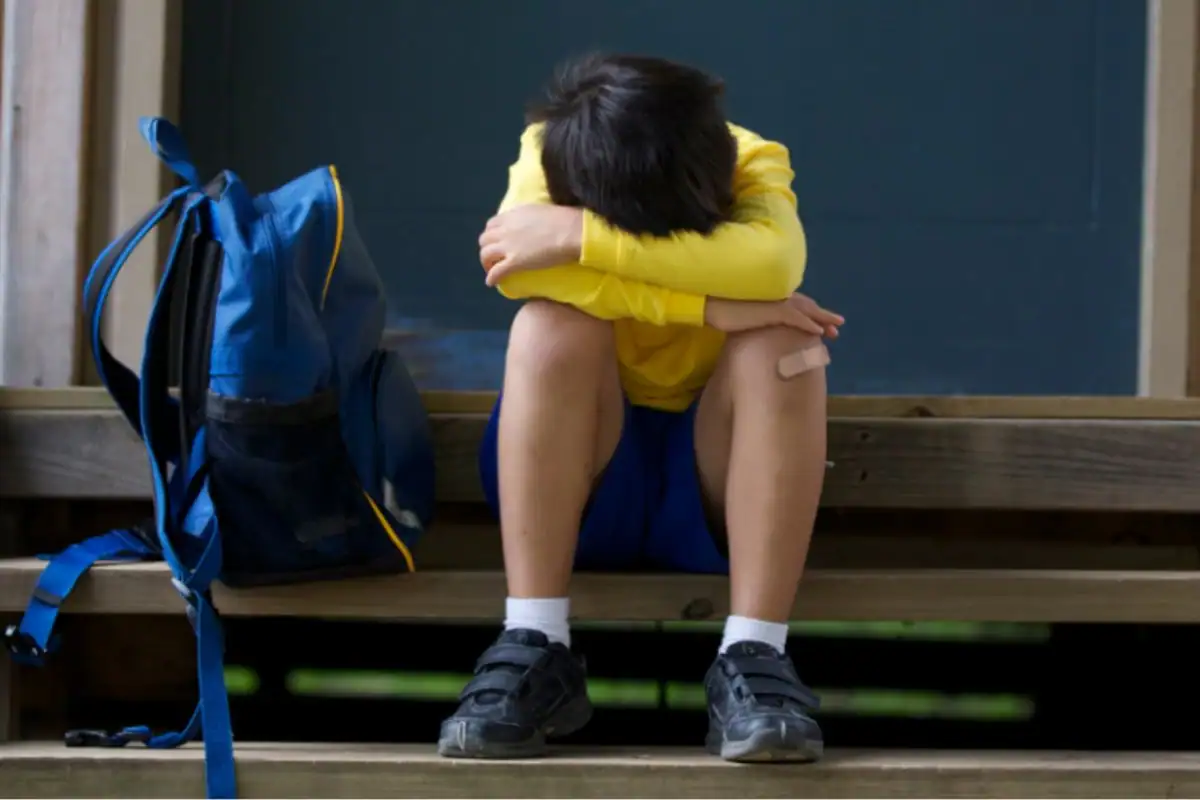
Advertisement
Potential Links to Obesity
Recent studies suggest a possible connection between CPP and childhood obesity. Although the focus is often on diet, some researchers believe CPP may indirectly contribute to weight gain. Stress linked to CPP might lead children to overeat as a coping mechanism, though further research is needed to clarify the relationship.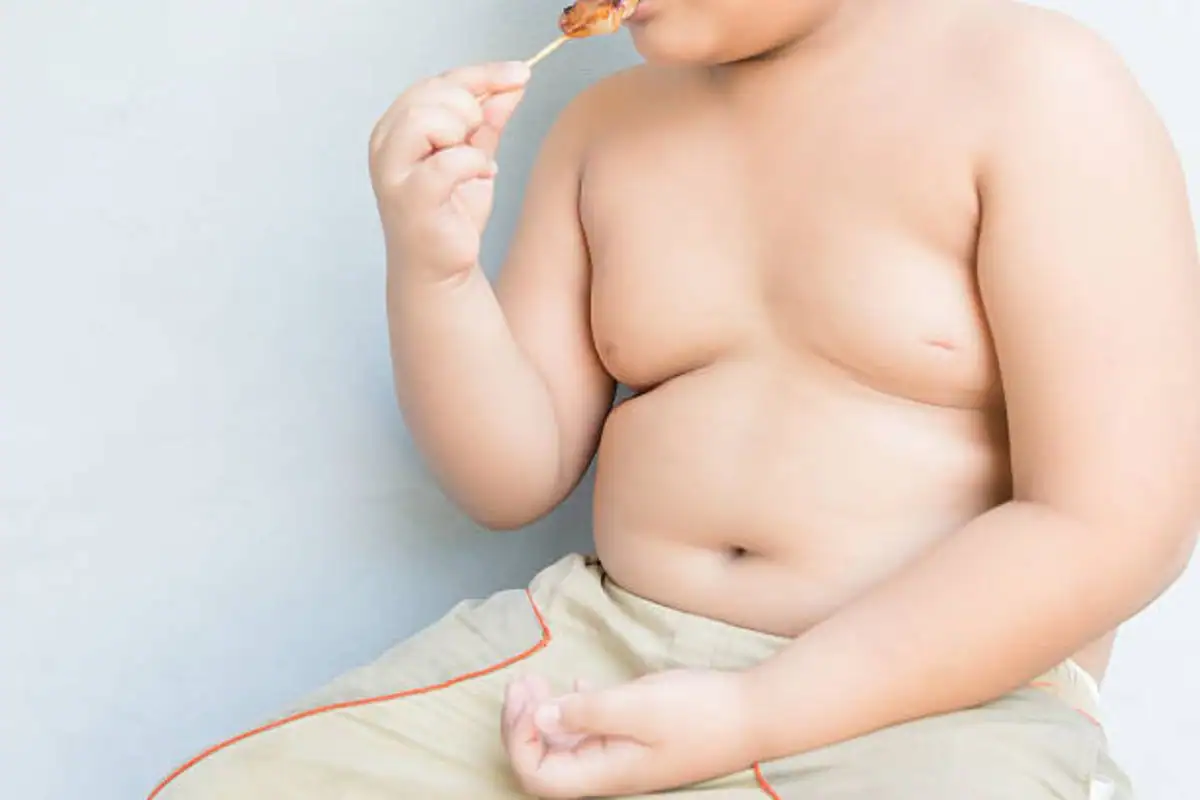
Advertisement
Scroll downfor the Next Article
.png)




